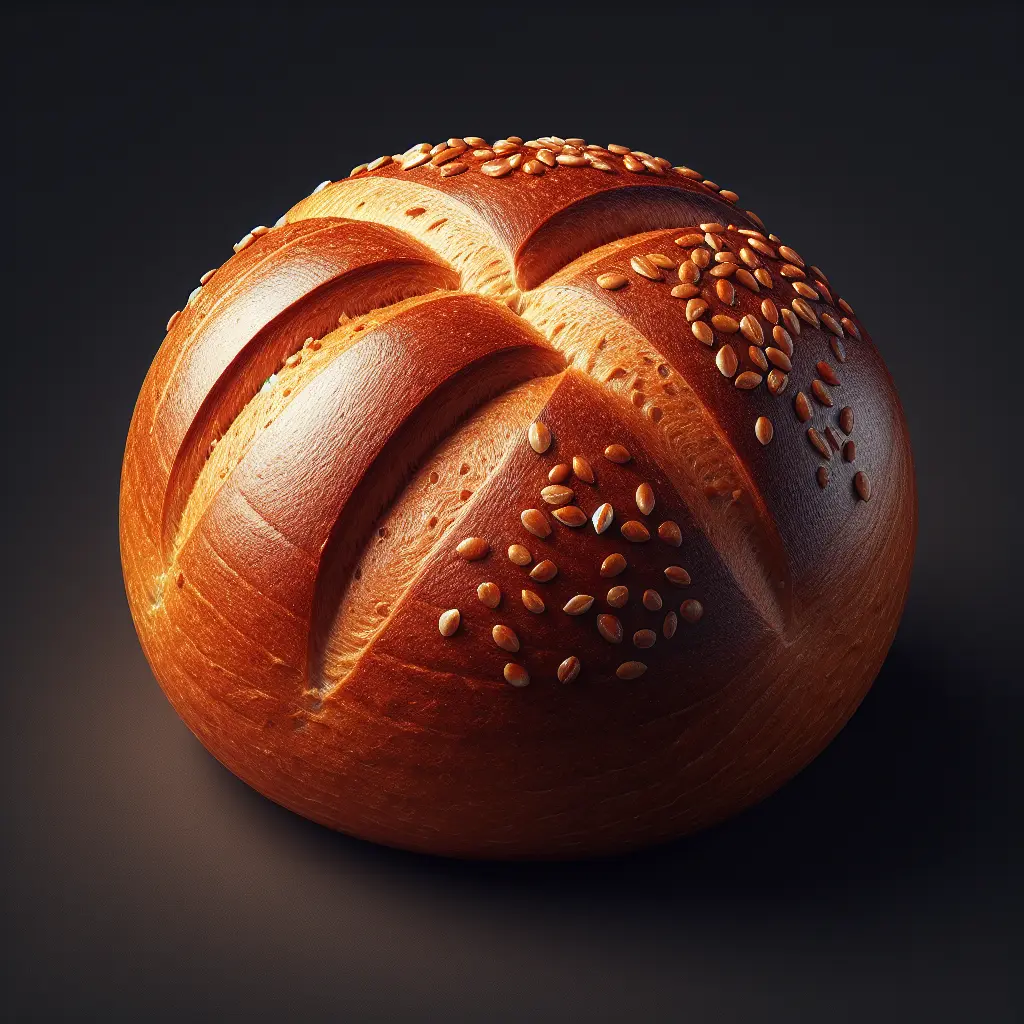The Nutritional Value of Whole Wheat Buns
Whole wheat buns are a good source of several essential nutrients, including:
- Fiber: Fiber is important for digestive health and can help to lower cholesterol levels and blood sugar levels.
- Protein: Protein is essential for building and repairing tissues and for producing enzymes and hormones.
- Complex carbohydrates: Complex carbohydrates provide the body with sustained energy.
In addition to these nutrients, whole wheat buns also contain some vitamins and minerals, such as iron, magnesium, and zinc.
Calories and Serving Size
One whole wheat bun contains approximately 151 calories. This number may vary slightly depending on the brand and the size of the bun. Whole wheat buns are typically sold in packages of six or eight, and one serving is considered to be one bun.
Health Benefits of Whole Wheat Buns
Eating whole wheat buns can provide several health benefits, including:
- Improved digestive health: The fiber in whole wheat buns can help to improve digestive health by promoting regularity and preventing constipation.
- Reduced risk of heart disease: The fiber in whole wheat buns can help to lower cholesterol levels, which can reduce the risk of heart disease.
- Reduced risk of stroke: The fiber in whole wheat buns can help to lower blood pressure, which can reduce the risk of stroke.
- Improved blood sugar control: The complex carbohydrates in whole wheat buns can help to improve blood sugar control, which can be beneficial for people with diabetes or prediabetes.
How to Incorporate Whole Wheat Buns into Your Diet
Whole wheat buns can be enjoyed as part of a healthy diet in a variety of ways. Some popular ways to incorporate whole wheat buns into your diet include:
- Sandwiches: Whole wheat buns are a great choice for sandwiches. They can be filled with a variety of healthy ingredients, such as lean protein, vegetables, and cheese.
- Burgers: Whole wheat buns can also be used to make burgers. They are a healthier alternative to white bread buns and can help to reduce the overall calorie and fat content of your burger.
- Other dishes: Whole wheat buns can also be used to make other dishes, such as croutons, stuffing, and bread pudding.
Conclusion
Whole wheat buns are a nutritious and versatile food item that can be enjoyed as part of a healthy diet. They are a good source of fiber, protein, and complex carbohydrates, and they are relatively low in calories and fat. Whole wheat buns can be used to make sandwiches, burgers, and other dishes.
How many calories are in Whole Wheat Bun?
Each 1 roll of Whole Wheat Bun contains 151 calories.
Whole Wheat Bun Nutritional Information
| Nutrient | Amount per 1 roll (56g) |
|---|---|
| Calories | 151 Calories |
| Protein | 6.9g |
| Fat | 2.5g |
| Saturated Fat | 0.5g |
| Cholesterol | 0mg |
| Carbohydrates | 25g |
| Dietary Fiber | 3.4g |
| Sugar | 3.3g |
| Sodium | 0.239mg |
| Potassium | 0.1355mg |
| Calcium | 0.111mg |
| Iron | 0.0014mg |
